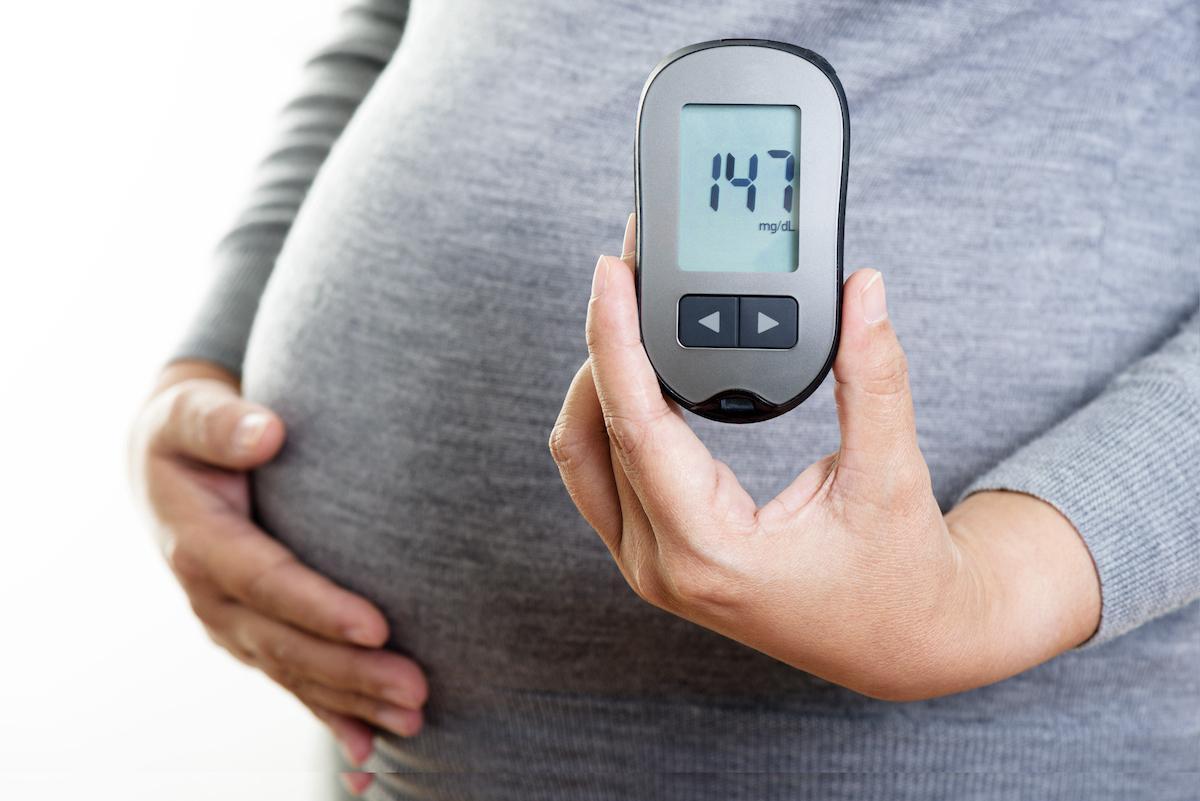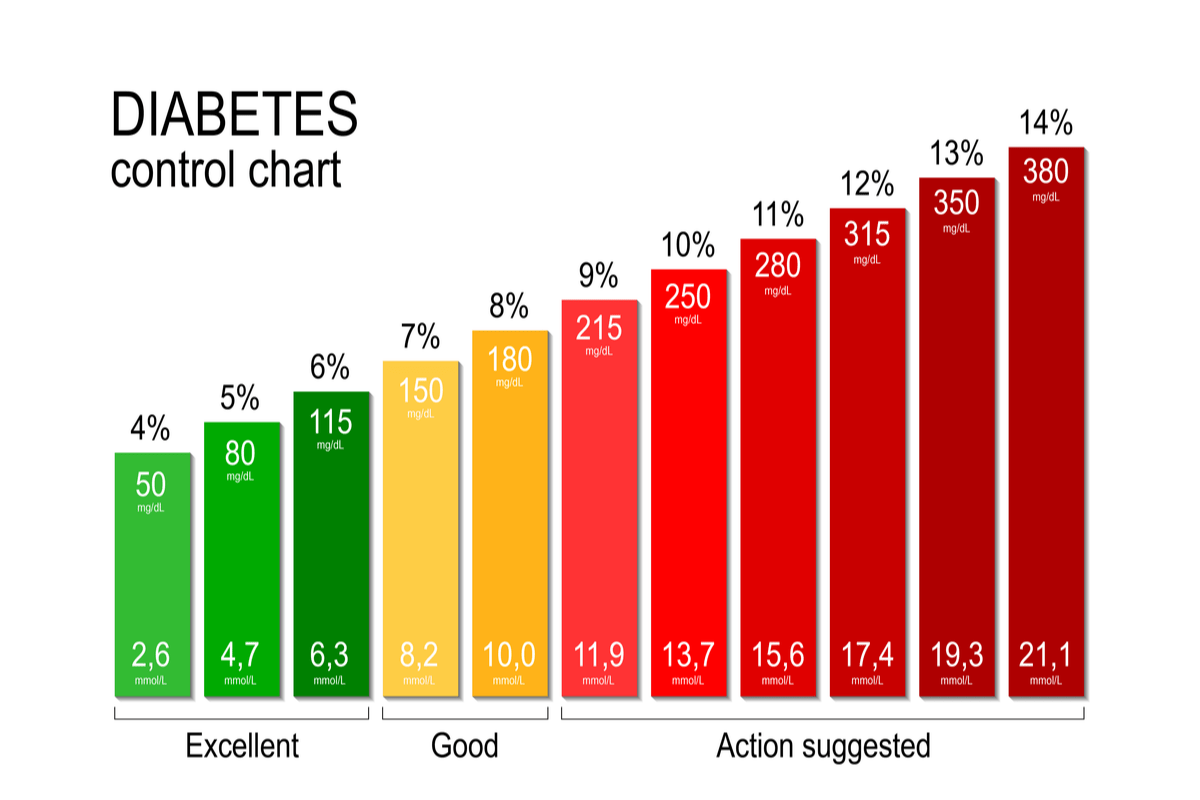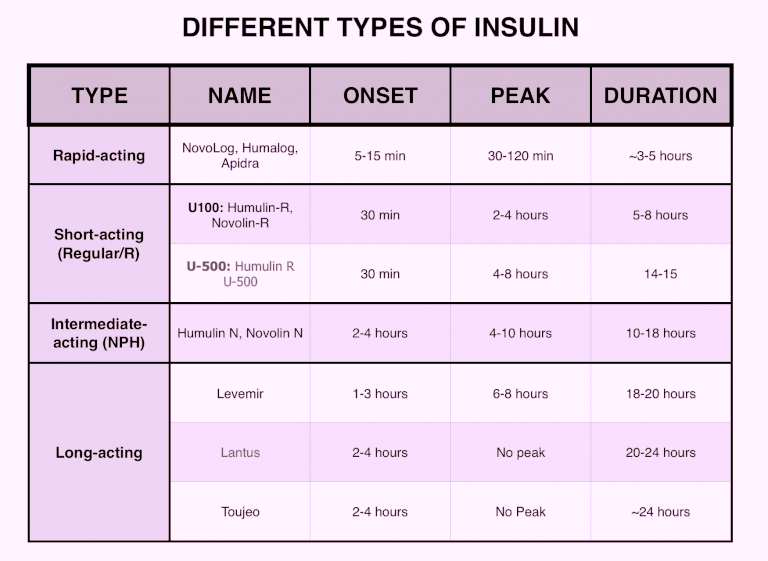Last updated on March 2nd, 2022
The COVID-19 disease is spreading its wings faster than ever, and with India being the host to the second-highest number of Diabetes patients across the world (after China), the situation seems to be even worse here.
It is a known fact that diabetic patients are most vulnerable to almost every type of infection as their pre-existing disease leaves their immunity in a compromised state. Although there isn’t enough evidence to prove that diabetics are more prone to getting infected with COVID-19, preliminary research has shown that people with diabetes are at a higher risk of critical illness.
According to the World Health Organisation (WHO), there are some comorbidities that put the patient at a bigger risk of suffering from critical symptoms. These underlying conditions are – diabetes, heart problems, obesity and chronic kidney disease.

What is COVID-19 and its symptoms?
COVID-19 is a highly contagious disease which is caused by SARS-CoV-2 (Severe Acute Respiratory Syndrome Coronavirus-2). It spreads through infected people to normal ones. The worst thing with the virus is that it keeps mutating on its own, and so far with every mutation, its contagiousness has only increased.
In most people, the disease shows mild symptoms like fever, no sense of taste or smell, cough, tiredness, body ache, sore throat and shortness of breath. However, the people with comorbidities may observe worse symptoms like difficulty in breathing and pneumonia.

How are COVID-19 and Diabetes linked?
The Centers for Disease Control and Prevention (CDC) has confirmed that people with Type 2 diabetes are at a higher risk of having worse illness from COVID-19. Similarly, people with type 1 diabetes may also be at a higher risk of suffering from severe illness, but there is lack of conclusive evidence to prove it.
Generally, symptoms of COVID-19 start appearing between the 2nd and 14th day of exposure to the virus.
Some studies have proven that diabetes not only affects your immunity to fight against the viruses, but also creates an environment inside the body for the coronavirus to thrive. Diabetes increases the blood glucose level which creates the ideal atmosphere for the virus to flourish.
Moreover, diabetes also keeps the body in a low-level state of inflammation, which slows down the healing process against any infection.
Whenever a diabetic patient observes any kind of COVID-19 symptoms, he/she must immediately see a doctor as according to CDC, they are at 7.3 percent risk of dying from COVID-related illness, compared with 5.6 percent for the people with cancer.
However, a person can increase his chances of surviving by keeping his blood glucose level in check.
Also Read: Normal Blood Sugar Level Chart
Summary:
Diabetes and COVID-19 together can be fatal for a person. Diabetes reduces your immune response against every kind of virus, making the patient more vulnerable. Moreover, it also elevates the blood glucose level of the patient which creates an ideal condition for COVID-19 to thrive. A person can reduce the chances of severe illness by keeping his/her blood glucose level in check.
More about diabetes and its types
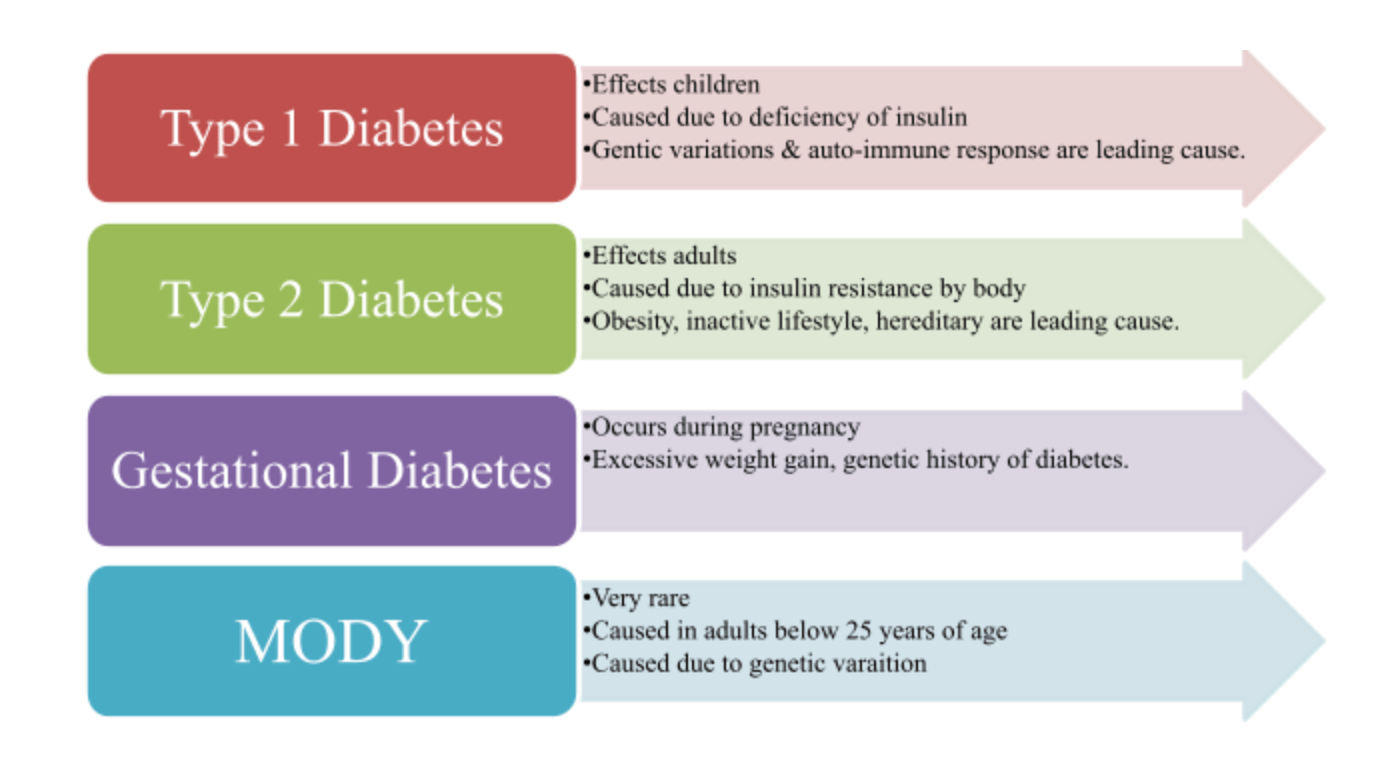
The World Health Organisation (WHO), back in 2014, estimated that the global prevalence of diabetes among people above 18 years was 8.5 percent. As per the current stats, India has 77 million diabetes patients.
There are two main types of diabetes – Type 1 and Type 2, but there is another one – gestational diabetes, which may occur during pregnancy. Here is some more details about the types –
Type 1 Diabetes
This type of diabetes generally occurs in children and adolescents, and about 10 percent of total diabetes patients suffer from type 1.
It is an autoimmune condition which trains the immune system to kill the beta cells present inside the pancreas, which eventually stops the production of the hormone insulin inside the body.
Type 1 diabetes patients have to take insulin on a daily basis to keep their blood sugar levels in check.
When the body starts breaking down fat for energy, it produces ketones, a chemical. It happens when the body does not find enough insulin. When this chemical gets mixed in the blood, it makes the blood more acidic which can be fatal.
As per the experts, people with type 1 diabetes should keep checking their ketones level every 4-6 hours, especially when they are sick. This practice should be followed when the blood sugar level is higher than 240 milligrams per deciliter.
Type 2 Diabetes
It is the most prevalent type of the disease, which accounts for about 90-95 percent of total patients across the world. In this type, the patient’s body doesn’t make enough insulin, and also can not use the existing insulin, due to insulin resistance.
People with this type of diabetes require medications to keep the blood sugar levels in check, and they eventually may need to take insulin.
People with type 2 diabetes must immediately visit a doctor as soon as any of the COVID-19 symptoms appear as they are most vulnerable to the disease.
Gestational diabetes
This kind of diabetes usually develops during pregnancy and disappears after the pregnancy ends. However, women who suffer from gestational diabetes are more likely to develop type 2 diabetes later in their life.
This type of diabetes also increases the risk of complications if the patient develops COVID-19. People with this condition must consult their doctors in case they have any COVID-19 symptoms.
How to handle diabetes during COVID-19 pandemic?
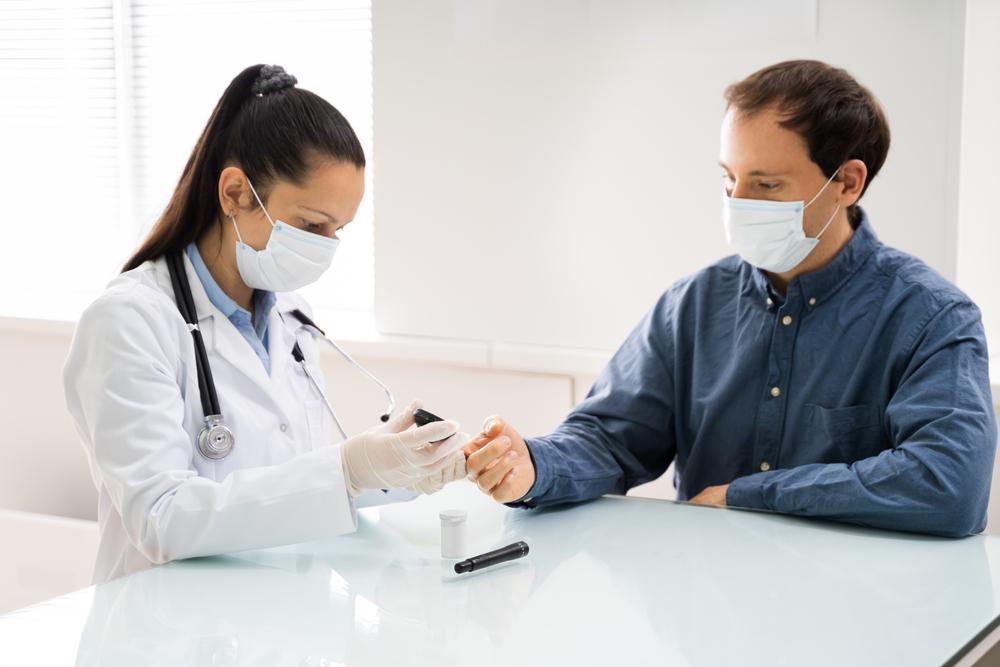
Undoubtedly, COVID-19 pandemic has created troubles in everyone’s life, but diabetics can be called the most affected of all. People are finding it tough to arrange their medications, and to keep themselves safe, they are also unable to go out for a jog or exercise.
The CDC recommends that people with diabetes should follow the below mentioned protocols:
- Continuing their medicines regularly
- Keep taking insulin, if they had been
- Keep checking their blood sugar level
- Ensure at least 30-day supply of diabetes medicines
- Stay in touch with a medical practitioner
- Discuss with a doctor on having any kind of COVID-19 symptoms
It becomes very tough to manage your blood sugar level during any ailment. Hence, it is very important to be on top of your health during COVID-19 infection.
Also Read: List of Blood Test to Diagnose Diabetes
Complications COVID-19 can cause during diabetes
COVID-19 can cause a few severe complications in diabetics. These complications may include –
Diabetic ketoacidosis (DKA)
During any kind of illness, the blood sugar level of diabetics generally shoots up. DKA develops when a person does not have enough insulin to manage this elevated blood sugar level.
In this situation, the body starts breaking down fat to generate energy. This leads to buildup of ketones in the blood, eventually making the blood more acidic. This can lead to serious health complications.
These complications may include nausea, fruity-smelling breath, extreme thirst and rapid breathing. In this condition, the patient must take emergency medical care.
Pneumonia
Pneumonia develops due to an infection that leads to inflammation of the air sacs of the lungs.
As per CDC, people with diabetes may suffer from a more severe form of COVID-19 like pneumonia.
Some of the studies have proven that people suffering from diabetes, who have aged above 2 years, should take annual influenza and pneumococcal vaccinations.
Dehydration
Diabetic people, who are having fever due to COVID-19 disease, lose additional fluids, which can lead to acute dehydration. The person may need intravenous fluids to overcome this shortage of fluids.
High Blood Sugar
Infections lead to a stress response inside the human body, which hikes glucose production. This leads to high blood sugar levels.
Resultantly, the patient, more often than not, requires extra medications and insulin to stay healthy during an infectious ailment. It becomes very critical to keep checking the blood sugar levels more frequently as it can shoot up suddenly.
Ways to Prevent it
The COVID-19 infection spreads through tiny droplets that spread into the air whenever an infected person sneezes or coughs. These droplets get into the body of a healthy person who breathes within 6 feet distance.
The virus can also travel from one person to another through surfaces which were touched by an infected patient.
Diabetics can prevent COVID-19 in the same manner as everyone else. Here are the measures –
- Get yourself vaccinated
- Wash hands frequently with soap and water
- Use alcohol-based sanitisers
- Avoid touching frequently touched surfaces
- Keep sanitising the potentially contaminated surfaces
- Avoid touching eyes, nose or mouth without sanitising your hands
- Follow social distancing norms
- Avoid going to public places
- Avoid going to indoor places
- Have immunity-boosting food
- Do immunity-boosting exercises
- Sleep for at least 7 hours every night
- Avoid stressing
- Keep blood sugar levels in check
- Wear cloth masks whenever outdoors
Importance of vaccines in preventing COVID-19
One of the most effective ways of preventing COVID-19 is getting vaccinated. India currently has two vaccines – Covishield and Covaxin – which have been producing great results in preventing the infection. Everyone must get the vaccine to put a full stop on the spread of this virus.
If you are a diabetes patient and having second thoughts about getting the vaccine, here are some things you must be aware about.
Do vaccines raise blood sugar levels?
As the vaccine can potentially cause illness symptoms, the patient’s glucose levels may increase. Hence, it is important to monitor the blood sugar levels for a couple of days after receiving the vaccine. Staying hydrated and being ready to manage a sick day are also very crucial after getting the vaccine. However, people with diabetes are experiencing very few side effects and minimal effects on their blood glucose levels.
Can diabetes medications impact vaccine performance?
As of now, there isn’t any information available on drug interactions with the COVID-19 vaccines. However, the experts believe that the vaccines would not interact with insulin or other diabetes medications.
Also Read: Janumet 50 500 Tablet
Takeaway
Diabetes patients might not be more prone to getting infected with COVID-19, but they surely are more vulnerable to suffering from acute complications. Hence, diabetics must avoid going to public places and follow social distancing norms. If a diabetes patient observes any symptom of COVID-19, he/she must immediately visit a doctor to avoid complications.
FAQ’s:
Should diabetics continue taking insulin during the COVID-19 pandemic?
Who is most at risk of suffering from COVID-19 disease?
People above the age of 50 and those with comorbidities like diabetes, cancer, chronic respiratory disease and heart problems are at higher risk of developing a severe illness.
Does having diabetes increase the risk of getting covid-19?
There is not enough evidence to prove that people with diabetes are at a higher risk of getting infected with COVID-19, but it does create an environment inside the body for the virus to thrive. It has been proven that the SARC-CoV-2 flourishes when there is elevated blood glucose level. Hence, the severity and complications arising out of COVID-19 may be higher in a diabetic person.
References
- https://www.medicalnewstoday.com/articles/covid-19-and-diabetes
- https://www.diabetes.org/coronavirus-covid-19/how-coronavirus-impacts-people-with-diabetes
- https://www.uspharmacist.com/article/the-effect-of-covid19-on-patients-with-diabetes
- https://www.frontiersin.org/articles/10.3389/fimmu.2020.576818/full
- https://www.livemint.com/science/health/government-survey-found-11-8-prevalence-of-diabetes-in-india-11570702665713.html
- https://www.statista.com/statistics/281082/countries-with-highest-number-of-diabetics/
- https://diatribe.org/what-to-know-covid-vaccine-diabetes
Last Updated on by Dr. Damanjit Duggal
Disclaimer
This site provides educational content; however, it is not a substitute for professional medical guidance. Readers should consult their healthcare professional for personalised guidance. We work hard to provide accurate and helpful information. Your well-being is important to us, and we value your feedback. To learn more, visit our editorial policy page for details on our content guidelines and the content creation process.

 English
English

